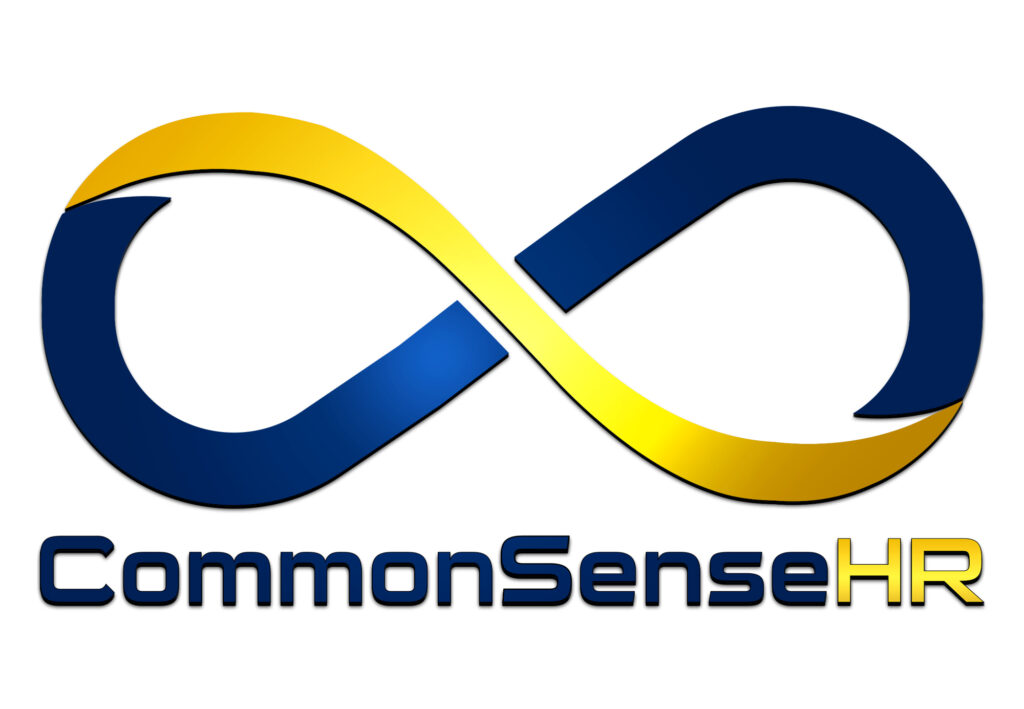Humans have an instinctive need to belong. In evolutionary terms living and cooperating with others in groups has been an important dimension of our very survival as a species. Throughout time, people have found ways to belong through families, tribes, countries and religions.
Abraham Maslow viewed belonging of such importance that he placed belongingness just above physiological and safety needs, in his hierarchy of needs. For employees to become engaged by reaching Maslow’s higher levels of Self-Esteem and Self-Actualization they first need to have a foundation of belonging.
Most jobs provide a level of survival and a measure of security but fall short in creating that much needed feeling of connection and belonging that can springboard employees to those higher levels.
Belonging is a fundamental need for human beings. Feeling that you do not belong can be as stressful as physical pain. Employees lose their ability to focus and engage, whether the emotional pain is experienced on a day-to -day basis, or because of an unusual circumstance such as Covid-19.
Unfortunately, we are living in an age of division, and as a result, we have adapted our behaviors to minimize a lack of belonging. This is a coping mechanism similar to trying to avoid physical pain.
According to a study published in the Journal of Personality and Social Psychology “belonging uncertainty” is a term applied to the anxiety felt due to not belonging. Although this type of experience can affect everyone, it can specifically impact historically under-represented groups to a greater degree.
Uncertainty anxiety like this can result in individuals literally hiding authentic aspects of themselves that they feel could be seen as getting in the way of their success, commonly referred to as “covering behavior.” Such behavior can even be found in members of a majority group. The fear caused by being seen as different becomes a barrier to employee productivity and creativity.
This has profound implications when it comes to practicing diversity and inclusion in the workplace. For employee engagement to happen there needs to be not only a cognitive understanding between employer and employee but an emotional connection as well. Without a willingness to accept differences, no amount of diversity and inclusion policy and procedure can create a sense of true belonging, since the cognitive without the emotional is like a broken telephone wire where the message is just not getting through.
I highly recommend this 11 minute video where Caroline Clarke speaks about the importance of belonging as it relates to diversity and inclusion. Caroline has a fascinating life story and it is well worth a watch. In the video, she mentions the Zulu greeting: sawubona. The simple translation of this word is “I see you.” If we are to find a place to belong, if we are to learn to live well in community, we need to learn the gift of seeing and the power in a simple, respectful greeting such as this.
The Essential Power of Belonging | Caroline Clarke | TEDxBeaconStreetSalon – YouTube
We can practice Sawubona each day by first taking a moment to think about the people that are closest to us – our family and friends. Then we can expand our thinking to include co-workers with whom we regularly interact. This can be extended to the people whom we regularly interact with, but have not really “seen” such as the checkout people at the grocery store. By taking these moments of brief interaction we are celebrating the humanity of each person.
What I have written here is not meant to be just a “feel good” reminder of how to be nice. Belonging and feeling cared for are critical to good health, as evidenced by this article: The Neuroscience of Belonging: The Neuroscience of Belonging


